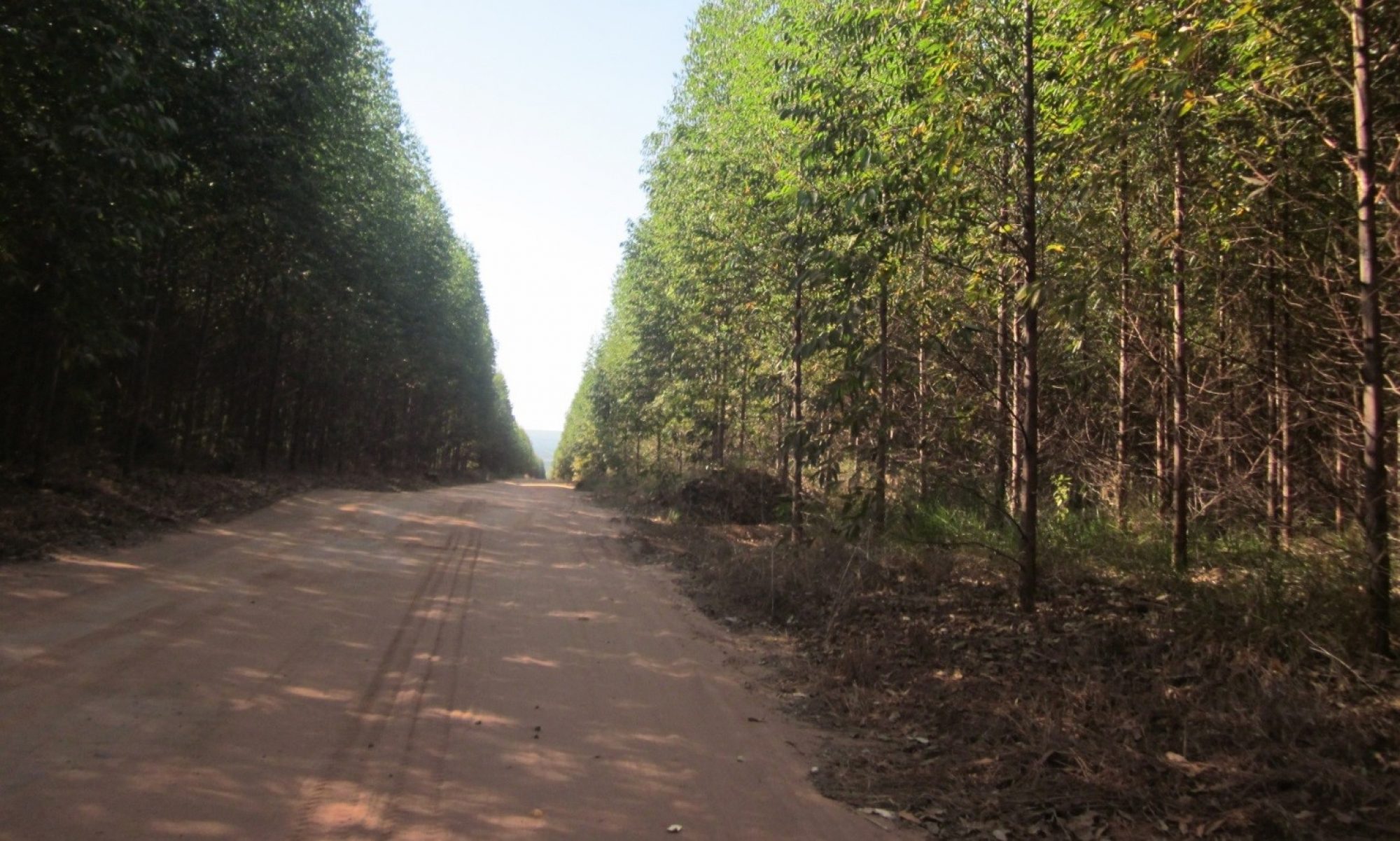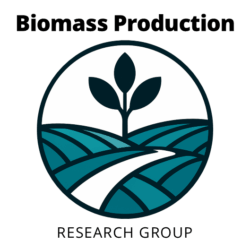Introductory studies in Forest Sciences
LM00CO20 Academic Skills in Forest Sciences (1.5 ECTS)
Upon successful completion of this course, you will be able to explain the principles of the scientific method (i.e. systematic observation, measurement, and experiment, and the formulation, testing, and modification of hypotheses), as well as conduct assignments following the principles of good scientific practice, identify and analyse the main elements of a scientific article and a MSc thesis in forest sciences, as well as write an academic abstract and identify the main elements of an oral academic presentation, as well as design and conduct a presentation in front of a live audience. [link to the course][old wiki]
LM00CO21 Research Methods in Forest Sciences (3.5 ECTS)
Upon a successful completion of this course, the students are expected to be able to understand the principles of research methodology in forestry, taking into account the research issue and objective formulation as well as choosing an appropriate research approach, experimental set-up, and sampling technique. The students will be able to understand basic biometric and ecosystem modeling concepts, and to apply basic commands of R statistics to model and analyse the collected data For tools, the students will get familiar with R and ArcMap (GIS). [link to the course][R exercise][old wiki]
Advanced studies in Forest Sciences
LM00CO14 Production and energy use of lignocellulosic biomass (6 ECTS)
Essentials: Basic concepts of lignocellulosic biomass supply and production from managed forests, plantations and sources of different industrial by-products. Research and analysis tools for evaluation and estimation of existing biomass resources and potentials. Basics for analysis of harvesting and transportation logistics of energy wood. Complementary knowledge: Heat production technologies; introduction to bio-energy conversion technologies, with focus on thermal combustion and gasification. [link to the course][old wiki]
LM00CO15 Bioenergy markets and policy (6 ECTS)
Essentials: Overview of the markets for biomass for energy production and biomass based value chains globally and within the European Union (EU), including the supply, quantity, demand, and consumption as well as consumer market aspects. Fundamentals of the policies that have impacts on the supply and consumption of wood energy biomass. Complementary knowledge: Bioenergy governance at local and global level. International bioenergy business, role of bioenergy for the development of rural areas and entrepreneurship. [link to the course]
Advanced studies in partner institutions
Production of non-food biomass (3 ECTS)
Swedish University of Agricultural Sciences (Sweden)
The major focus of the course is on the available and potential sources of non-food biomass from forestry, agriculture, residues and other sources that can be used in a biobased economy, for biofuels, biomaterials etc., in a Swedish and global perspective. Additional issues addressed are the further use of these resources and their potential implications on sustainability. [link to the course]
Economics of local and global wood biomass production for energy (5 ECTS)
Saint Petersburg State Forest Technical University (Russia)
The course is a jointly organised by all CBU-FOR partner universities with St. Petersburg State Forest Technical University being the host university and the University of Easter Finland as the coordinating university of CBU-FOR. Bringing together CBU FOR students from Russia and Finland this course is an essential part of the studies included in the CBU FOR Master’s Degree Programme. [link to the course]
6053002E Research methods applied to wood biomass production (3 ECTS)
North West Agriculture & Forestry University (China)
The course is organised by the North West Agriculture and Forestry University, at Yangling, Shaanxi, China, and it is the result of a long cooperation with the University of Eastern Finland, being offered annually since 2011. The course is a core course of the curriculum of the NWA&FU, open to exchange students, and focuses on all aspects of biomass production for energy, covering forest and plantations as sources, and entailing aspects of management, sustainability, policy, economics and trade. The course this year gives especial emphasis on research methods applied to the study of the estimation of bioenergy potentials. [link to the course]
International School: management of natural resources (3+2 ECTS)
Kazakh National Agrarian University (Kazakhstan)
The course is part of the Winter School of the Kazakh National Agrarian University (Almaty, Kazakhstan). The purpose of the International Winter Master School is to obtain new knowledge, practical skills, the development of innovative technologies and methods of research. The programme is oriented to Master’s, Doctoral degree students and young scientists in order to increase their knowledge and acquire practical skills. The program includes lectures, master / training classes and round tables, which will allow forming professional and interpersonal competencies among students. [link to the course]
Other courses
Sustainable forestry in Finland (1 week)
UNDP Delegation from Kazakhstan
Sustainable forest management and reforestration in the Republic of Kazakhstan is a challenge characterised by low and vulnerable forest cover whose growth is hindered by forest fires, threats of diseases and pests and a need for trained forestry workers and policy makers to ensure effective and sustainable forest management and strong, capable institutions to implement forest related policy. The University of Eastern Finland (UEF) aims to link with institutions in the Republic of Kazakhstan in the framework of the Kazakhstan-GEF-UNDP “Conservation and Sustainable Management of Key Globally Important Ecosystems for Multiple Benefits” to support the project beneficiaires in learning the best practices in sustainable forest management. [link to the course]
Pedagogic Initiative for PhD students (seminars)
The purpose of these seminars is to discuss between instructors and lecturers to improve pedagogic methods and objectives. The seminars include some readings and cases for discussion. [link to the course]

